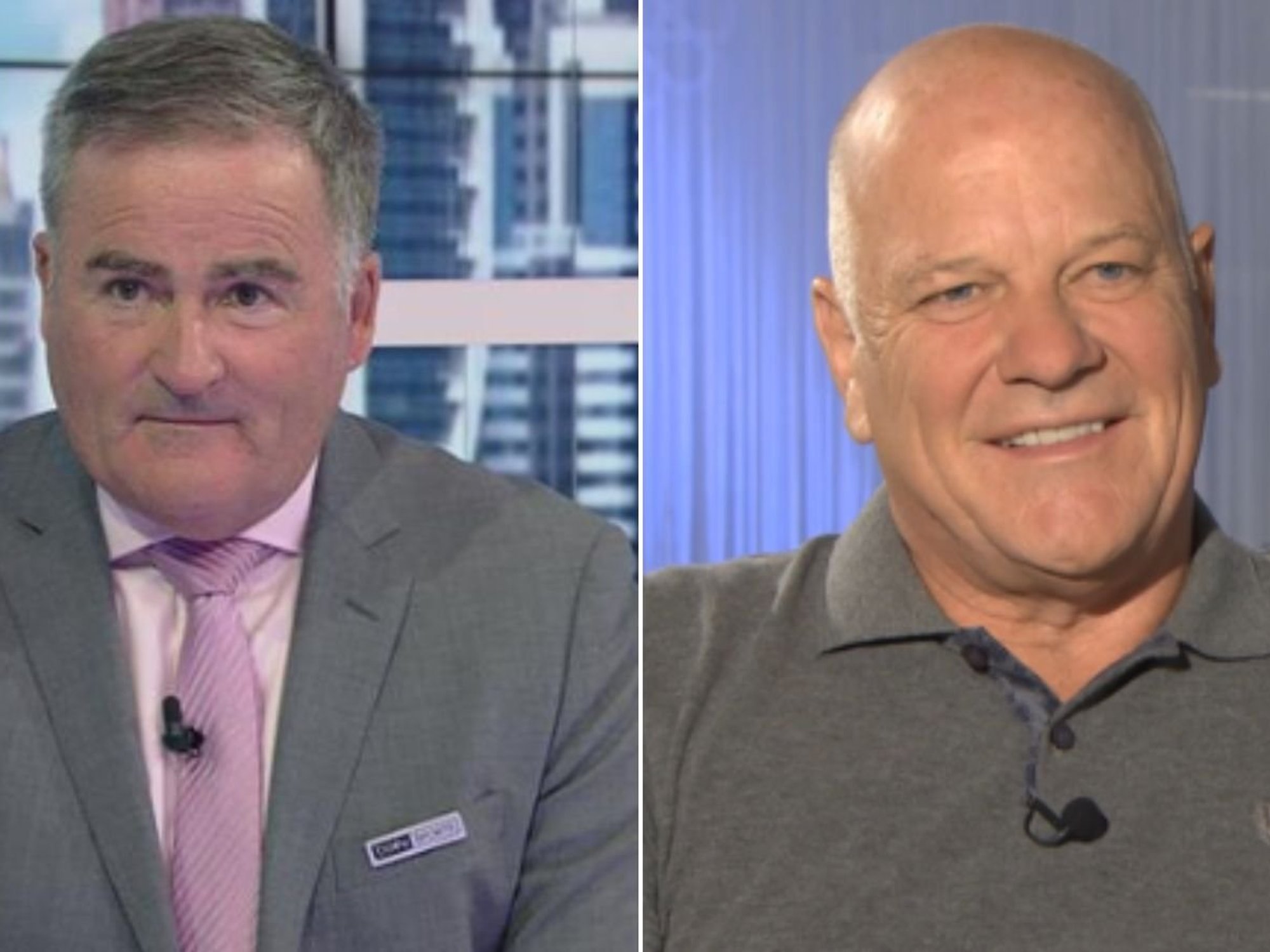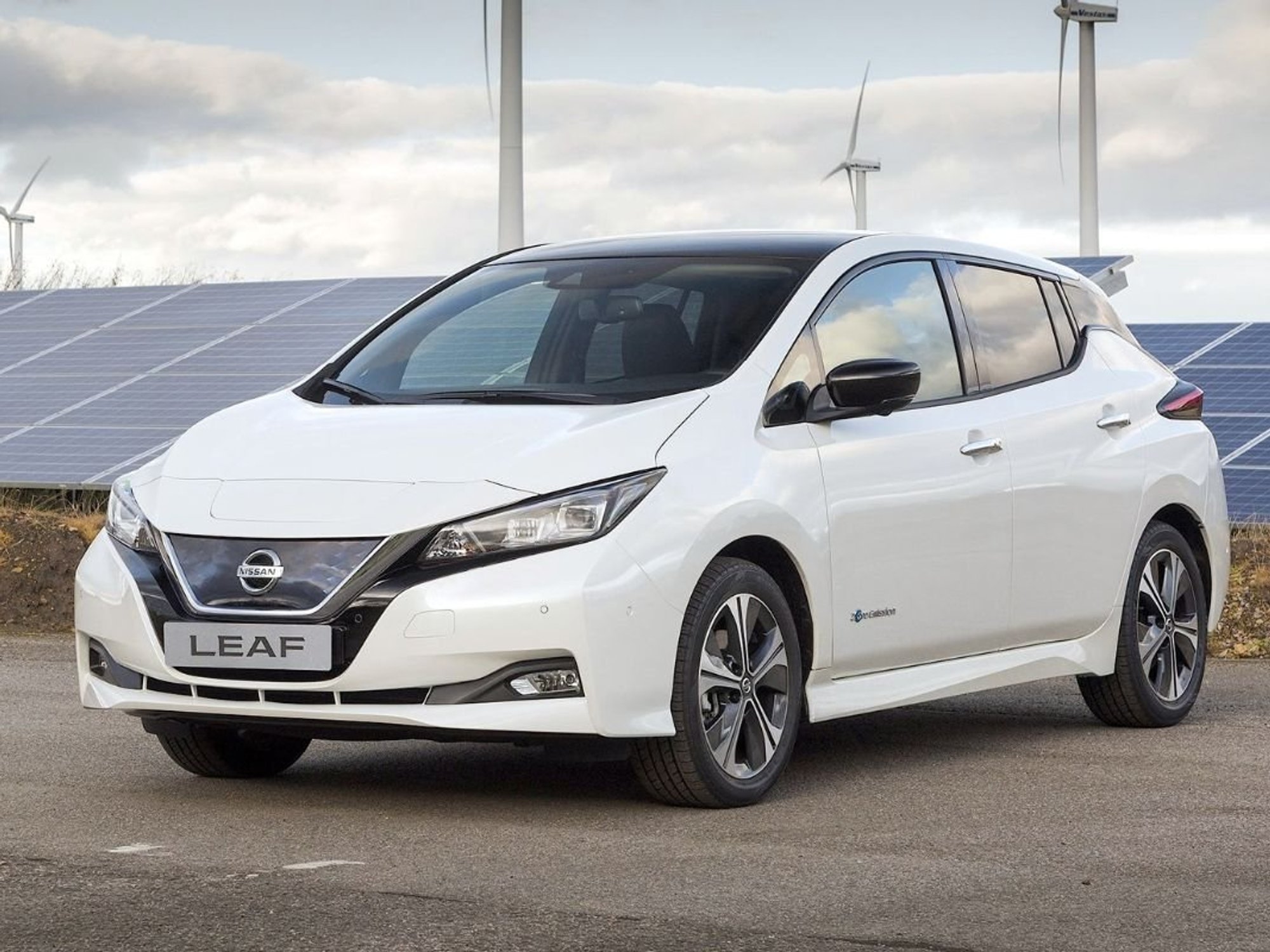‘China is going to win the AI race’ says Nvidia boss in stark warning over US tech rivalry
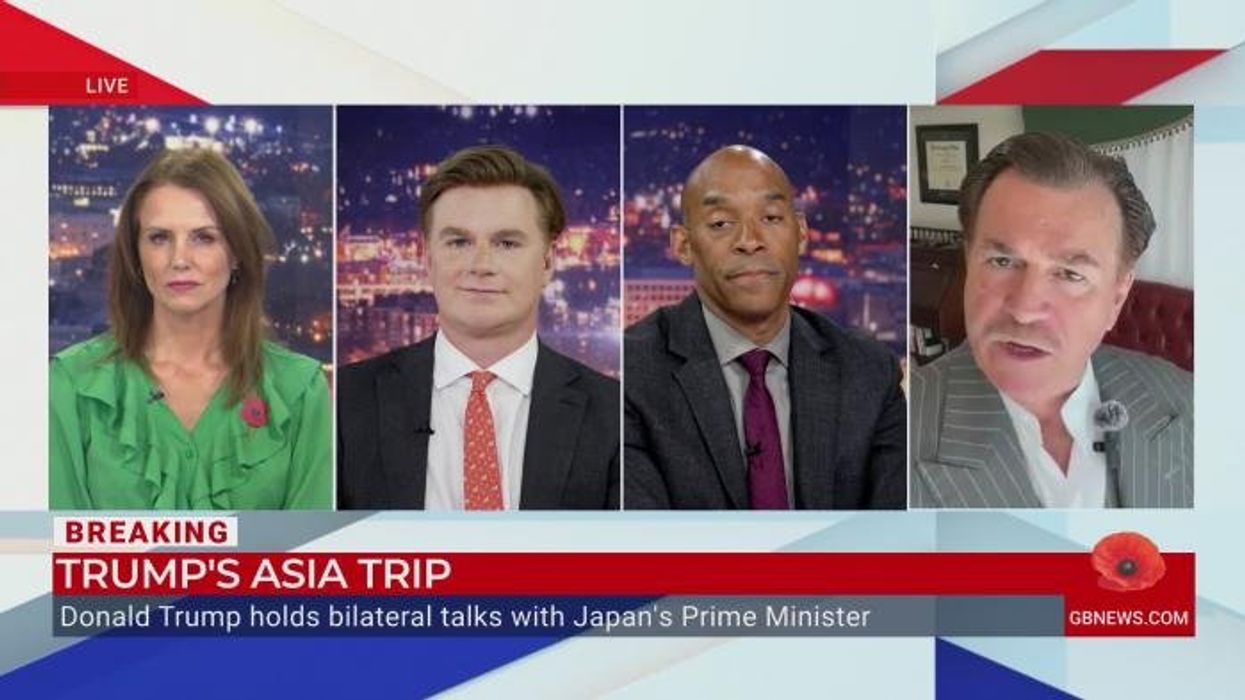
Donald Trump set to meet China's President Xi this week |
GB News

Jensen Huang says Beijing’s energy subsidies and unified approach give China the edge in artificial intelligence
Don't Miss
Most Read
The chief executive of Nvidia has delivered a stark assessment of the artificial intelligence competition between America and China, declaring that Beijing is positioned to emerge victorious.
Speaking at a Financial Times event in London on Wednesday, Mr Jensen Huang pointed to China’s strategic advantages in the AI sector.
"China is going to win the AI race," he said, highlighting how Beijing provides substantial energy subsidies that make running AI infrastructure significantly more affordable.
The technology leader emphasised that Chinese data centres benefit from what amounts to complimentary electricity.
TRENDING
Stories
Videos
Your Say
"Power is free," Mr Huang said, referring to the government support that enables local technology firms to operate AI systems more cost-effectively than their Western counterparts.
These energy subsidies have become particularly crucial as Chinese companies deploy domestic semiconductor alternatives that typically consume more power than Nvidia’s own offerings.
Mr Huang expressed concern about what he characterised as Western pessimism holding back progress.
"We need more optimism," he told attendees, criticising the regulatory approach in America and Britain.
The Nvidia chief warned that individual American states implementing their own AI rules could result in "50 new regulations", creating a fragmented landscape that hampers innovation.
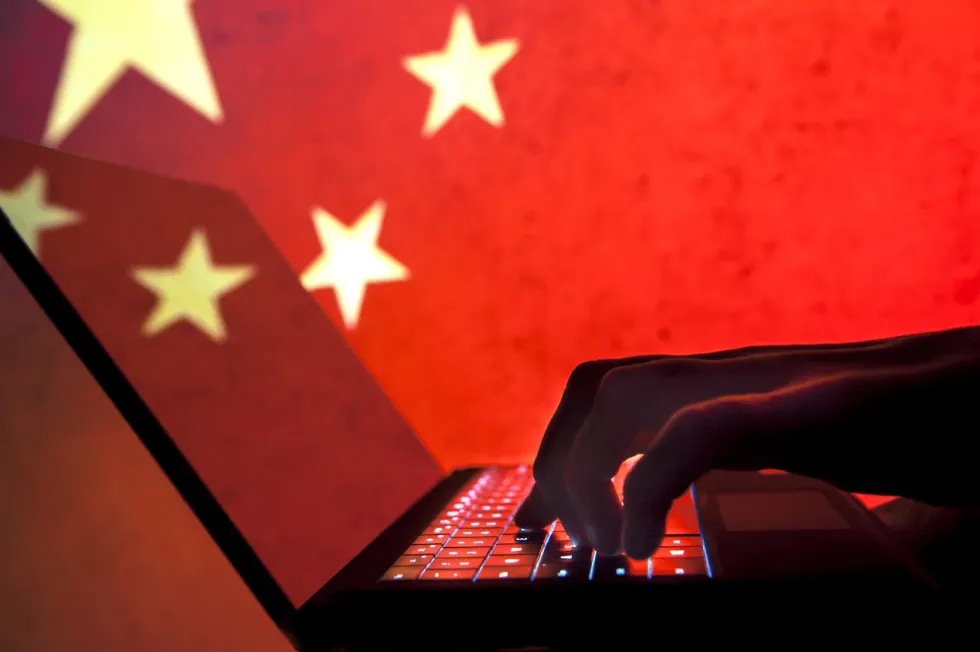
Nvidia CEO warns China is set to win the global AI race over the US
| GettyHe suggested this regulatory complexity stands in sharp contrast to China’s unified, government-led approach.
Beijing’s support extends beyond energy subsidies.
Local authorities have increased power incentives for major data centres operated by ByteDance, Alibaba and Tencent, particularly as these companies adapt to using less efficient domestic chips from manufacturers such as Huawei and Cambricon.
Mr Huang’s comments reflect frustration with Western regulatory barriers that he believes are undermining competitiveness while China accelerates its AI development under streamlined Government backing.
Despite his warnings about China’s competitive advantages, Mr Huang confirmed during a visit to Taiwan that Nvidia currently has no intentions to supply AI processors to Chinese customers.
LATEST DEVELOPMENTS
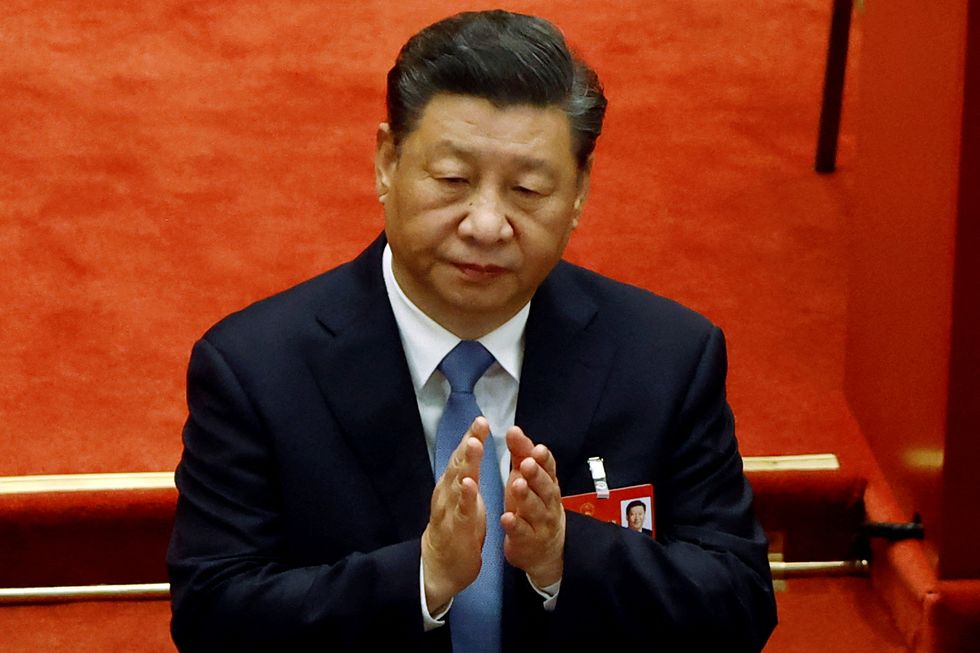
Nvidia remains barred from selling its most advanced AI chips to China due to current US export controls
| ReutersSpeaking in Tainan while meeting with Taiwan Semiconductor Manufacturing Company, a crucial partner, Mr Huang said the company awaits policy modifications before any shipments could resume.
The semiconductor giant remains prohibited from exporting its most sophisticated AI chips to China under existing American trade regulations.
A recent bilateral trade agreement between Washington and Beijing failed to modify these restrictions.
American officials have indicated that alterations to the current framework are not anticipated in the near term.
Mr Huang’s Taiwan visit formed part of an international tour that included stops in Washington and South Korea, underscoring Nvidia’s global diplomatic efforts amid the ongoing technology rivalry.
The Trump administration has maintained its prohibition on Nvidia selling cutting-edge semiconductors to China, despite earlier hints at potential compromises.
Following discussions between President Donald Trump and Chinese leader Xi Jinping last week, no alterations to the export controls emerged.
Mr Trump said America’s most sophisticated chips would remain exclusive to the United States.
"The most advanced, we will not let anybody have them other than the United States," the president told CBS News.
Earlier suggestions that Beijing might gain access to modified versions of Nvidia’s latest Blackwell processors proved unfounded.
The President had previously floated the possibility of permitting sales of chips that were "enhanced in a negative way", but recent meetings produced no such arrangements.
The restrictions continue despite a provisional agreement requiring Nvidia and AMD to pay Washington 15 per cent of Chinese revenues from existing AI processor sales.
Nvidia’s financial performance reflects these geopolitical tensions dramatically.

Mr Trump said the United States would keep its most advanced AI chips for domestic use only
| GETTY/INSTAGRAMThe company achieved a historic milestone last week when its market value exceeded £5trillion, cementing its position as the world’s most valuable corporation.
Yet this achievement contrasts sharply with the company’s diminished presence in China.
Revenue from the Chinese market has fallen from £17billion in fiscal 2025 to negligible amounts following export restrictions.
The latest quarter saw Chinese sales of just £2.8billion after American export rules and Beijing’s countermeasures blocked sales of H100, A100 and H20 graphics processors.
Nvidia absorbed £4.5billion in charges during the first quarter of fiscal 2026 related to the H20 prohibition.
Mr Huang acknowledged that discussions with Chinese firms remain dormant, leaving Nvidia’s footprint minimal in what analysts estimate to be a £50billion AI market.
More From GB News





